Bulimia Nervosa is an eating disorder that is distinguished by recurrent episodes of binge eating, recurrent inappropriate compensatory behaviors to prevent weight gain, and self-evaluation that is unduly influenced by body shape and weight.
An “episode of binge eating” is defined as eating, in a discrete period of time, an amount of food that is larger than most individuals would eat in a similar period of time users similar circumstances. To prevent weight gain, individuals with bulimia also participate in purge behaviors or purging. Many individuals with bulimia nervosa employ several methods to compensate for binge eating.
People with bulimia spend a large part of their life doing what they can to control their weight and hyperfocus on their body shape and self-evaluation. Their focus on their weight is so severe that it interferes with their life and is dangerous to their physical health. Bulimia is not about food but is related to an inability to handle extreme emotional problems healthily.
The recurrent binge-and-purge cycles of bulimia can affect the entire digestive system and can lead to electrolyte and chemical imbalances in the body that affect the heart and other major organ functions.
Girls and women are more likely to have bulimia than boys and men are, but boys and men are underrepresented in treatment-seeking samples. Bulimia can affect people of all ages, genders, sexual orientations, races, and ethnicities. Although the disorder most frequently begins during adolescence, an increasing number of children and older adults are also being diagnosed with bulimia. Bulimia can be difficult to detect but that does not mean an individual is not suffering from bulimia. Bulimia is a serious, potentially life-threatening eating disorder, but there is an effective treatment that can help you feel better about yourself, adopt healthier eating patterns, and reverse serious complications.
Bulimia nervosa commonly begins during adolescence or young adulthood. The onset of this disorder is often associated with experiencing multiple stressful life events. Binge eating frequently begins during or after an episode of dieting to lose weight. Internalization of having a thin body has been found to increase the risk of developing weight concerns, which increases the risk of developing bulimia nervosa.
The experience of childhood sexual or physical abuse also puts an individual at risk for developing bulimia nervosa. Childhood obesity and early pubertal maturation increase the risk for bulimia nervosa, as well as familial transmission of bulimia nervosa may be present, as well as genetic vulnerabilities. Other aspects associated with an increased risk for developing bulimia nervosa are low self-esteem, weight concern, social anxiety disorder, weight concerns, and overanxious disorder in childhood.
To be diagnosed with bulimia nervosa, according to the Diagnostic and Statistical Manual of Mental Disorders (DSM-5), the following criteria must be met:
There are several symptoms and physical symptoms related to bulimia nervosa. They may include:
The severity of binging is dependent on the number of times a week that you purge. Suicide Risk is elevated in bulimia nervosa. A comprehensive suicide risk assessment must be conducted with individuals who struggle with this disorder.
There is no perfect way to approach a loved one that you assume or know is struggling with bulimia. It is very common for people to keep their bingeing and purging a secret. Since they may not physically look like they have an eating disorder (unlike anorexia) it can be more difficult to detect. If you notice that a family member or friend is constantly worrying about being fat, strictly dieting or fasting after binging, going to the bathroom right after eating, exercising too much, etc. consider talking to him or her about these issues. Urge them to talk to their doctor. You can not force someone to seek professional care, but you can always offer your support and encouragement. Even though you may not be able to prevent your loved one from developing bulimia, you can still talk about healthier behavior or treatment options.
There are effective treatments for bulimia nervosa, but there is an increased risk of relapse during periods of high stress or triggering situations. Combined treatment is also the most effective in treating bulimia. It is important to have ongoing therapy or periodic appointments during times of stress as well as nutrition education for continued recovery. Treating bulimia is generally done with a team approach due to the physical aspects that impact the body. The team usually includes dietitians, mental health professionals, and doctors.
An important goal of treatment is having a continuous healthy diet. Dietitians can design an eating plan to help you achieve healthy eating habits to avoid hunger and cravings and to provide good nutrition. Eating regularly and not restricting your food intake is important in overcoming bulimia. The family will likely be involved in helping you maintain normal eating habits because they are also part of your support system.
Psychotherapy, also known as talk therapy or psychological counseling, involves discussing your bulimia and related issues with a mental health professional. Psychotherapy is the most common treatment for bulimia and has the greatest research support. Evidence indicates that these types of psychotherapy help improve symptoms of bulimia:
Family-based treatment allows the family to understand and realize the roles they are playing in supporting the disordered eating, and suggest ways the family can help the person with bulimia acknowledge the problem and seek out treatment. It helps parents intervene in their adolescent’s unhealthy eating behaviors.
One goal of psychotherapy is to normalize eating patterns and behaviors. Cognitive-behavioral therapy, specifically enhanced cognitive behavioral therapy, has been shown to help. Cognitive-behavioral therapy will often focus on identifying and altering dysfunctional thought patterns, attitudes, and beliefs, which may trigger and perpetuate the person’s eating habits. Another goal is to help change distorted beliefs and thoughts that maintain unhealthy eating habits. Individual therapy can be very helpful in addressing not only disordered eating but also overall emotional health and happiness. The purpose is to address the underlying cognitive and emotional issues that result in bulimia. It allows you to explore close relationships helping to improve your communication and problem-solving skills.
While no medication necessarily cures bulimia nervosa, some medications can help with symptoms of bulimia. Antidepressants may help reduce the symptoms of bulimia when used along with psychotherapy. The only antidepressant specifically approved by the Food and Drug Administration to treat bulimia is fluoxetine (Prozac), which may help even if you’re not depressed.
Our Bulimia Nervosa treatment equips you with practical tools and skills to support your journey toward lasting recovery:
If you're ready to break free from the grip of bulimia nervosa and embrace a life of balance and well-being, Clarity Clinic is here for you. Our dedicated team is committed to supporting you on your journey toward recovery, self-discovery, and empowerment.































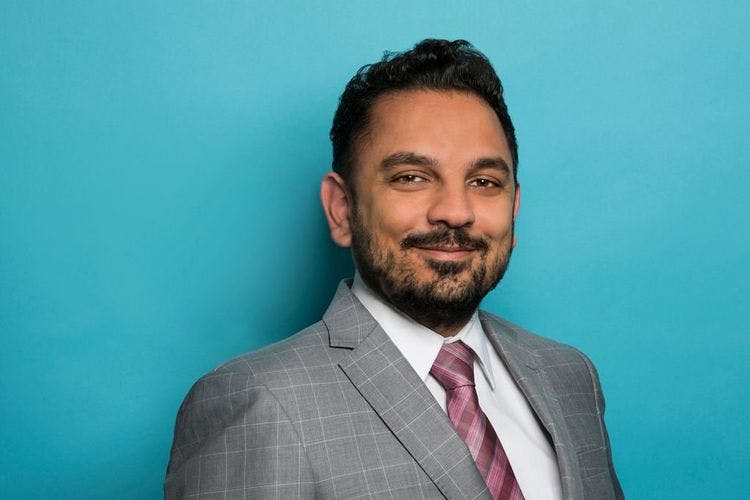
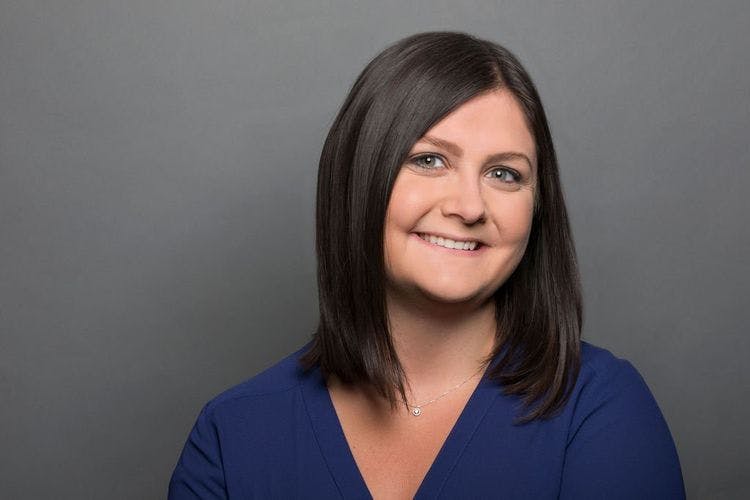



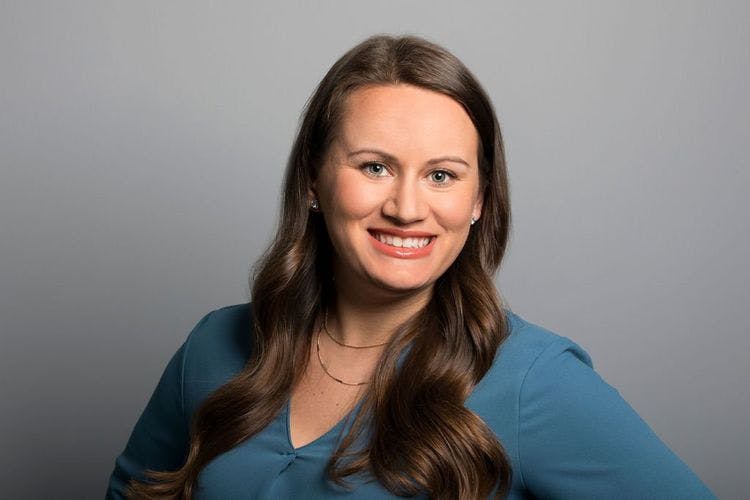










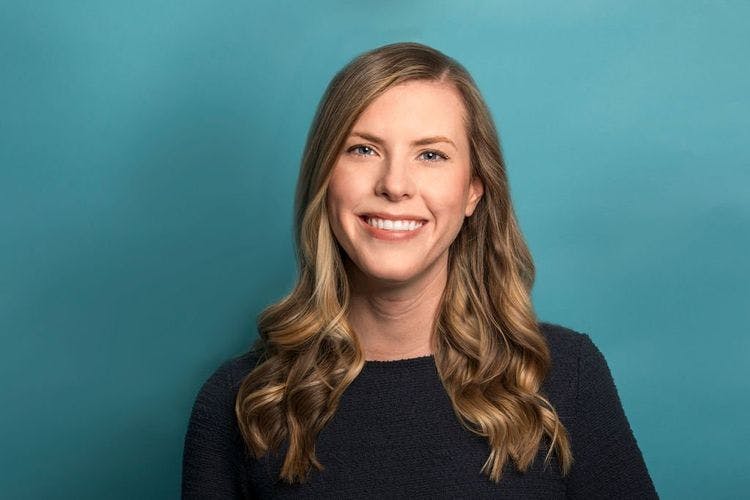










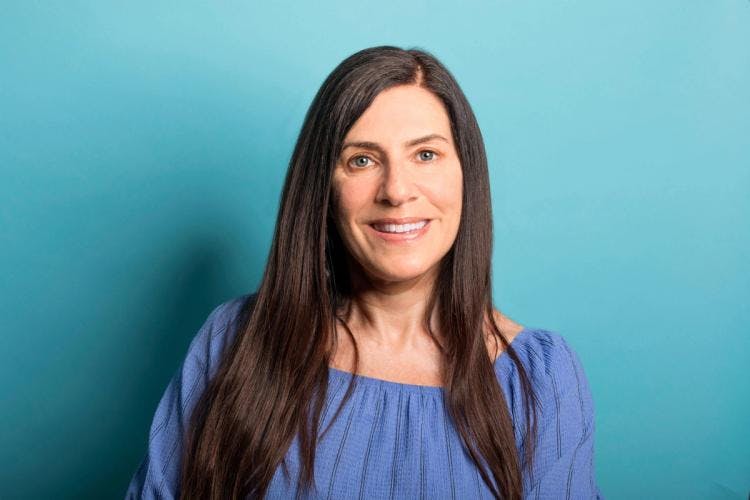
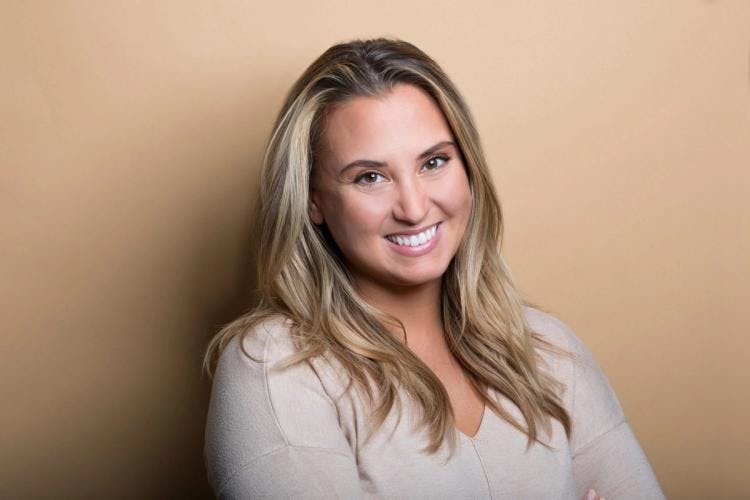




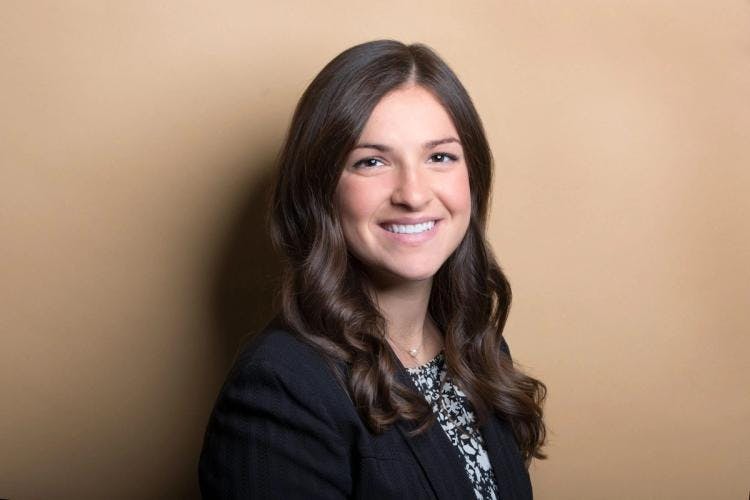






Our Services
Virtual/Online CarePHP and IOPAdult PsychiatryChild & Adolescent PsychiatryAdult TherapyChild & Adolescent TherapyCouples CounselingFamily TherapyGroup TherapyPsychological TestingTranscranial Magnetic Stimulation (TMS)Resources
Refer a PatientCareersClinical Training OpportunitiesOur ProvidersFree Mental Health TestsCommonly Prescribed MedicationsLocationsBlogIn The NewsClarity Through CharityClarity for AllQuick Links
Patient PortalFAQsAccepted InsurancesContact us